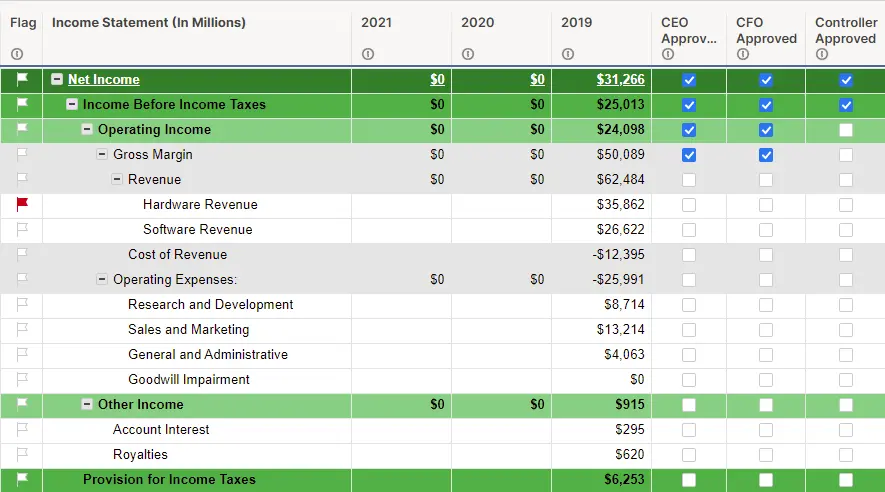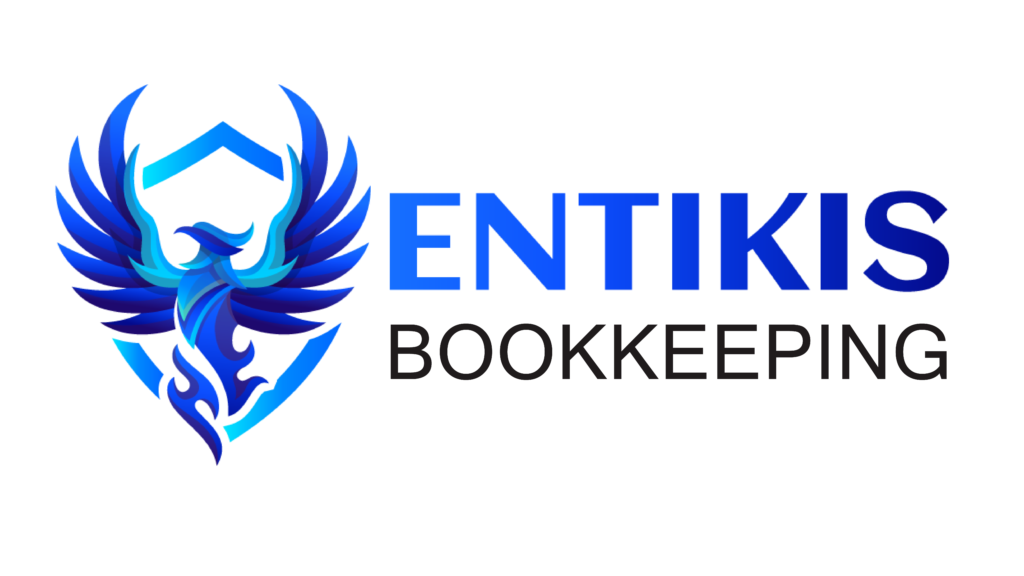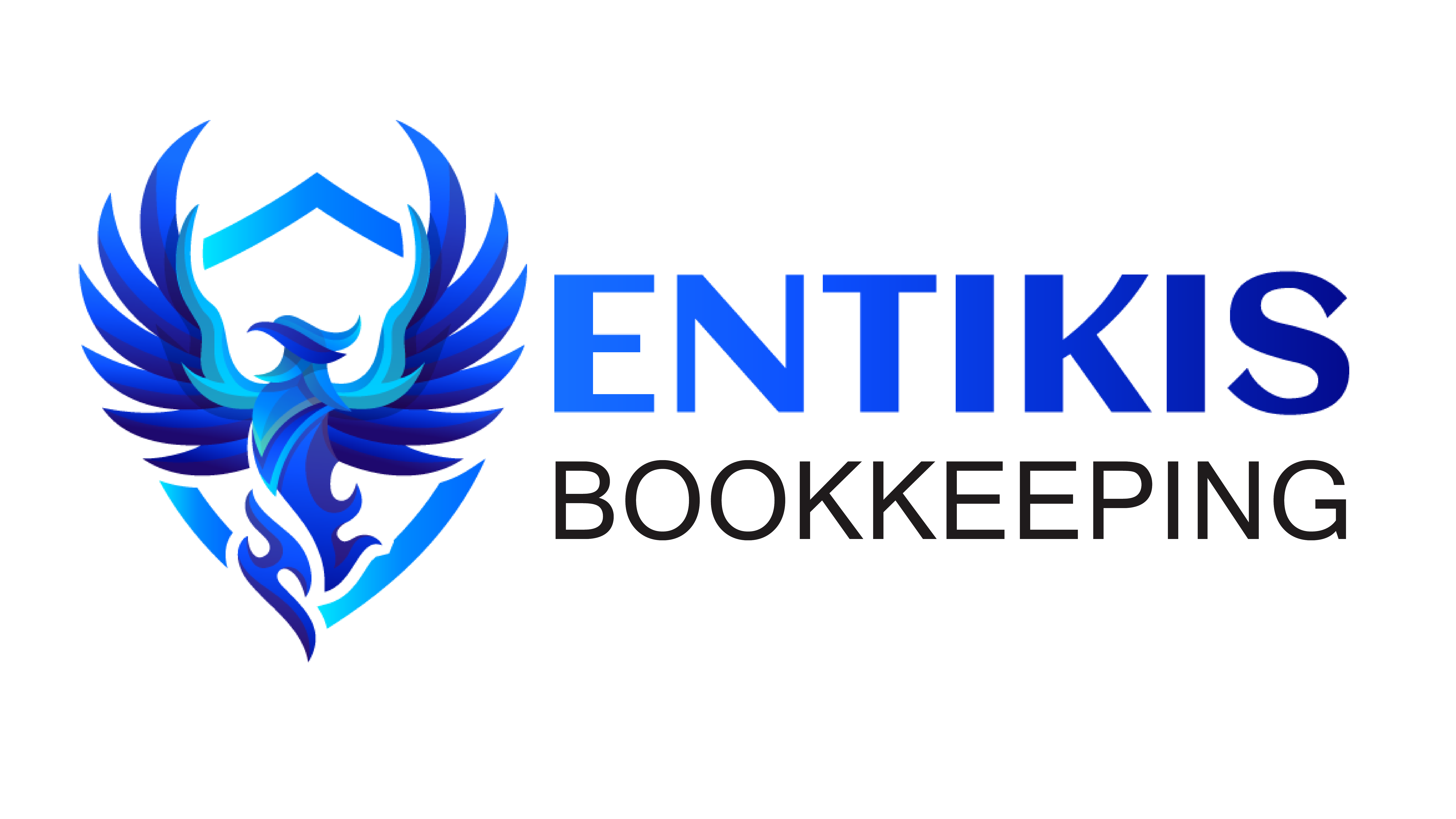In the realm of entrepreneurship and small business ownership, it’s easy for personal and business finances to become entangled. However, maintaining a clear distinction between the two is crucial for financial stability and long-term success. This article will explore the significance of separating personal and business finances, along with the risks associated with failing to do so.

DIY Bookeeping Tip #2 Separate Personal and Business Finances
Understanding the Basics of Personal vs. Business Finances
Section 1: Understanding the Basics of Personal vs. Business Finances
Personal finances refer to the management of an individual’s financial resources, including income, expenses, savings, investments, and debts. These finances are primarily concerned with meeting personal goals and obligations, such as paying for housing, groceries, utilities, education, healthcare, and leisure activities. Personal financial decisions are made based on individual needs, preferences, and circumstances.
On the other hand, business finances pertain to the financial activities and management of a business entity, such as a sole proprietorship, partnership, corporation, or LLC (Limited Liability Company). Business finances encompass revenue generation, operating expenses, investments, cash flow management, taxation, and financial reporting. The primary goal of business finances is to ensure the profitability, sustainability, and growth of the business while fulfilling obligations to stakeholders, such as shareholders, employees, creditors, and customers.
The fundamental differences between personal and business finances are essential to understand because they dictate distinct financial strategies, considerations, and responsibilities:
Purpose: Personal finances focus on meeting individual needs and aspirations, such as providing for oneself and family members, achieving financial independence, and planning for retirement. In contrast, business finances are geared towards achieving the objectives of the business, which may include maximizing profits, expanding operations, entering new markets, or innovating products and services.
Legal Structure: Personal finances are associated with an individual’s legal identity and liabilities, while business finances are tied to the legal structure of the business entity. Different legal structures, such as sole proprietorships, partnerships, and corporations, have varying implications for taxation, liability protection, and ownership rights.
Financial Management: Personal finances are typically managed on a smaller scale and involve decisions made by an individual or a household. Business finances, on the other hand, often require more complex financial management practices, including budgeting, forecasting, risk management, and compliance with regulatory requirements.
Understanding these distinctions is crucial for individuals who are also business owners or entrepreneurs, as it enables them to effectively manage both personal and business finances separately, thereby optimizing financial outcomes and minimizing risks.
The Benefits of Keeping Finances Separate
Maintaining separate finances for personal and business matters offers several advantages that contribute to financial stability, compliance, and credibility:
Easier Financial Management and Bookkeeping: Keeping personal and business finances separate simplifies financial tracking and organization. It reduces the risk of confusion between personal and business transactions, making it easier to monitor cash flow, track expenses, and reconcile accounts. By having distinct accounts for personal and business purposes, individuals can streamline bookkeeping processes and gain a clearer understanding of their financial standing in each domain.
Improved Tax Preparation and Deductions: Separating personal and business finances facilitates accurate tax reporting and compliance. It allows business owners to easily identify and categorize business expenses for tax purposes, maximizing eligible deductions and minimizing the risk of errors or audits. Additionally, clear separation of finances helps avoid commingling funds, which can complicate tax filings and potentially lead to penalties or legal consequences.
Enhanced Credibility with Lenders and Investors: Maintaining separate finances demonstrates professionalism and financial responsibility, enhancing credibility with lenders, investors, and other stakeholders. When seeking financing or investment opportunities for the business, having well-organized financial records and a clear distinction between personal and business finances can instill confidence in potential partners or creditors. It signals that the business is managed with transparency, accountability, and sound financial practices, which can improve access to capital and favorable terms for loans or investments.
By leveraging the benefits of keeping personal and business finances separate, individuals can mitigate risks, optimize financial management processes, and position themselves and their businesses for long-term success and growth. This separation not only facilitates smoother day-to-day operations but also lays a solid foundation for achieving financial goals and sustaining financial health in both personal and business realms.
How to Separate Your Finances
Effectively separating personal and business finances requires a proactive approach and the implementation of specific strategies. Here are key steps to ensure clear delineation between personal and business finances:
Opening a Business Bank Account: Establishing a dedicated business bank account is fundamental to separating finances. Choose a reputable bank or financial institution and open a business checking account in the name of the business entity. This account should be used exclusively for business-related transactions, such as receiving payments from customers, paying business expenses, and managing cash flow. Avoid using personal accounts for business purposes to maintain clean separation and facilitate accurate financial tracking.
Acquiring a Business Credit Card: In addition to a business bank account, obtaining a business credit card can further enhance separation of finances. A business credit card allows for convenient and secure payment of business expenses while keeping transactions distinct from personal spending. Use the business credit card exclusively for business-related purchases and expenses, making it easier to monitor and manage business expenditures separately from personal transactions.
Setting a Budget for Personal and Business Expenses: Establishing separate budgets for personal and business expenses helps maintain financial discipline and clarity. Determine the necessary expenditures for both personal and business needs, taking into account recurring expenses, discretionary spending, and anticipated business costs such as supplies, utilities, and marketing. Allocate funds accordingly to each budget category, ensuring that personal and business finances remain distinct and manageable.
Using Accounting Software to Track Expenses Separately: Leveraging accounting software can streamline financial management and facilitate separate tracking of personal and business expenses. Choose a reputable accounting software solution that offers features for creating multiple accounts or categories, allowing you to segregate transactions between personal and business accounts. Regularly reconcile accounts and categorize transactions accurately to maintain accurate financial records and ensure compliance with tax regulations.
By following these steps, individuals can establish clear separation between personal and business finances, minimizing the risk of commingling funds and simplifying financial management. Consistently adhering to these practices promotes financial transparency, accountability, and organization, ultimately contributing to the long-term success and stability of both personal and business financial endeavors.
Best Practices for Financial Management
Effective financial management is essential for maintaining the health and sustainability of both personal and business finances. Here are some best practices to ensure sound financial management:
Regular Reviews of Financial Statements: Schedule regular reviews of financial statements for both personal and business accounts. This includes statements such as bank statements, credit card statements, income statements, balance sheets, and cash flow statements. Regularly monitoring these statements allows for timely identification of any discrepancies, irregularities, or areas needing improvement. It also provides insights into overall financial health and performance, enabling informed decision-making and proactive adjustments to financial strategies as needed.
Consulting with a Financial Advisor: Consider seeking guidance from a qualified financial advisor or accountant to help navigate complex financial matters and optimize financial strategies. A financial advisor can provide personalized advice and recommendations tailored to individual circumstances, whether it pertains to investment planning, retirement planning, tax optimization, or business financial management. Collaborating with a professional can offer valuable insights, minimize risks, and ensure alignment with long-term financial goals.
Keeping Receipts and Records Organized: Maintain thorough documentation of financial transactions by keeping receipts, invoices, contracts, and other financial records organized and accessible. Proper record-keeping is crucial for accurately tracking expenses, substantiating deductions, and demonstrating compliance with tax regulations. Implement a systematic approach to organizing financial records, whether through digital storage solutions, filing systems, or accounting software. Regularly reconcile receipts and records with financial statements to ensure accuracy and completeness.
By incorporating these best practices into financial management routines, individuals can enhance financial transparency, efficiency, and control. Proactive monitoring and strategic decision-making contribute to improved financial outcomes, reduced risks, and greater confidence in achieving both short-term and long-term financial objectives.
If You Are Looking For Professional Bookkeeping Services, Please Contact Us At Admin@Entikis.Com And 817-415-1715 To Learn More About How Entikis Bookkeeping Can Support Your Journey To Success! Located At 640 Taylor St Suite , Fort Worth, TX, United States, Texas. We Offer Professional Bookkeeping Services For Businesses In The Burleson, Fort Worth And The Surrounding Tarrant County Metroplex.




